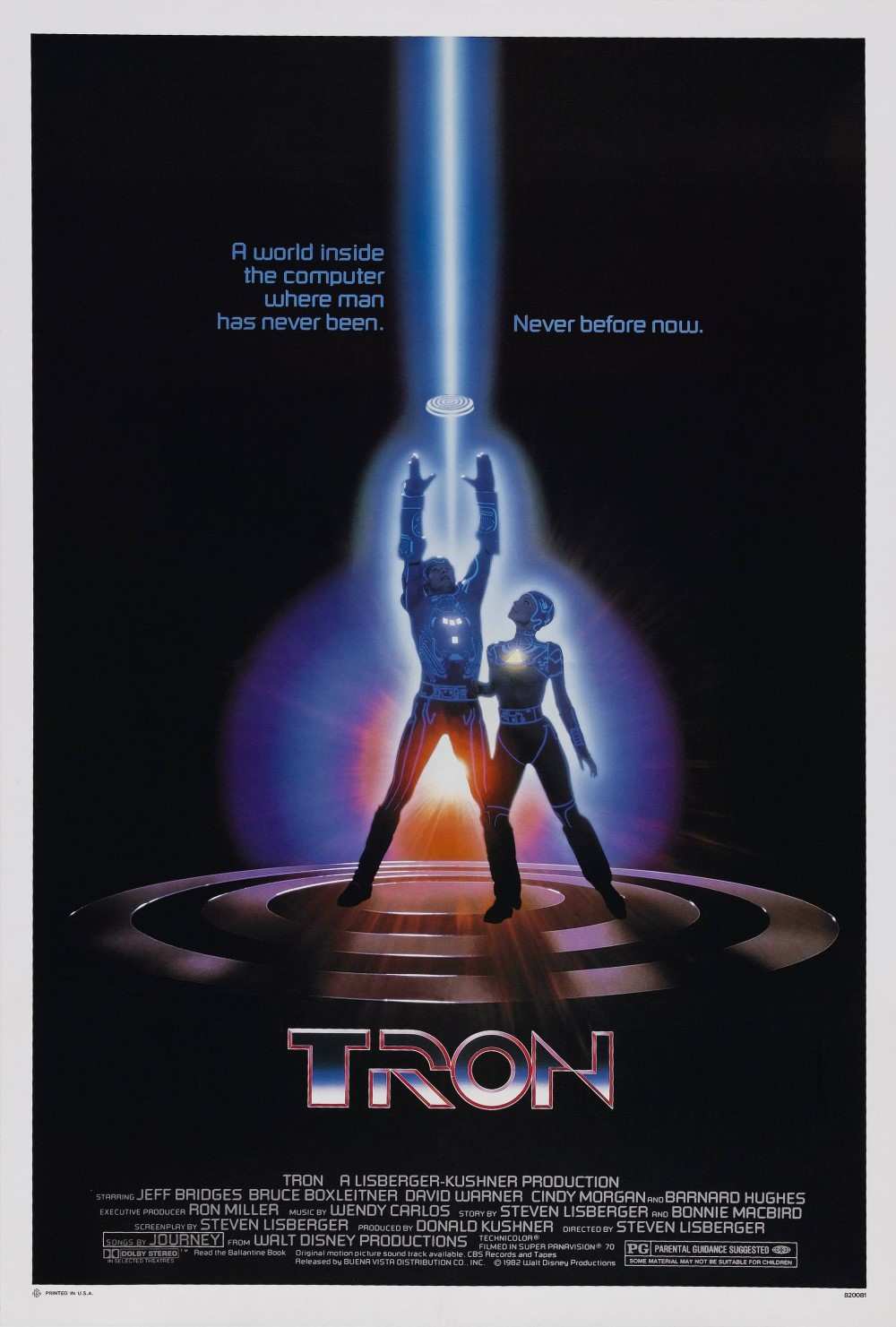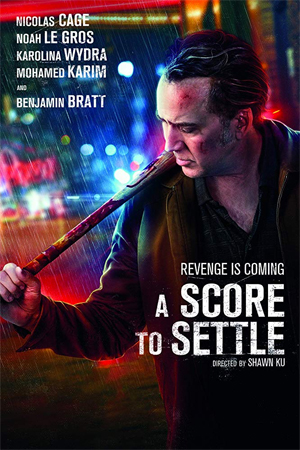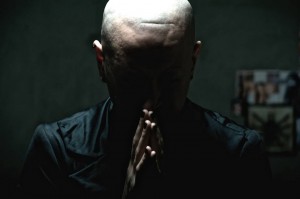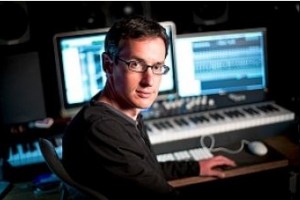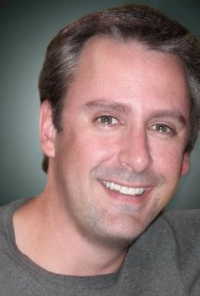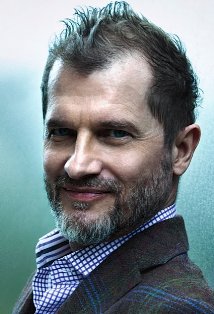Following the success of ‘Mandy,’ Nicolas Cage reuniteswith RLJE Films.
LOS ANGELES, April 23, 2019 – RLJE Films has acquired the action-thriller A SCORE TO SETTLE. Written by John Newman (“Get Shorty”) and directed by Shawn Ku (Beautiful Boy), produced by Goldrush Entertainment’s Eric Gozlan (Beautiful Boy) and Minds Eye Entertainment’s Kevin DeWalt (The Humanity Bureau), and Danielle Masters (The Recall), the film stars Nicolas Cage (Mandy), Benjamin Bratt (Doctor Strange) and Noah Le Gros (Wolves). A SCORE TO SETTLE will be In Theaters and On Demand on August 2, 2019. Mark Ward, Chief Acquisitions Officer for RLJE Films, made the announcement today.
“We are excited to collaborate for the fifth time with the legendary Nicolas Cage,” said Ward. “Following the success of Mandy, we cannot wait to take audiences on another adventure.”
In A SCORE TO SETTLE, Frank (Cage), a former mob enforcer, is released from prison after serving 22 years for a crime he didn’t commit. Now free, he sets out on a path for revenge against the people who wronged him.
Ward and Jess De Leo from RLJE Films and Arianne Fraser and Alana Crow from Highland Film Group negotiated the deal on behalf of the filmmakers. Highland Film Group is also handling international sales.
Fraser commented: “After our experience collaborating on Terminal, we are delighted to be partnering again with Mark and the team at RLJE Films. A SCORE TO SETTLE has found its perfect home and we can’t wait for audiences to experience this action-packed ride come summer!”
“We at Goldrush Entertainment are thrilled to have worked with Nicolas Cage whom brilliantly embodied the complex character of Frank Carver,” says Producer Eric Gozlan of Goldrush Entertainment. “We are ecstatic to have found a home for A SCORE TO SETTLE at RLJE Films!”
“It has never been more difficult to produce a truly independent film,” says Producer Kevin DeWalt of Minds Eye Entertainment. “We are delighted to have amassed such an outstanding cast for A SCORE TO SETTLE and to be working with great distribution partners such as the Highland Film Group and RLJE Films.”
A SCORE TO SETTLE is a Goldrush Entertainment and Minds Eye Entertainment Production and was produced by Spartiate Films in association with Paragon Media Productions. Produced by Eric Gozlan, Kevin DeWalt and Danielle Masters, the film is Co-Produced by Benjamin DeWalt and the Executive Producers are Nicolas Cage, Richard Iott, Mark Weissman, Robert Bricker, Arianne Fraser, Delphine Perrier, Henry Winterstern, Daniel Negret, Stephen Dailey, Simon Williams, Silvia Schmidt, Sam Ai, Mike King, Jeff Rice, Luke Daniels and Co-Executive Producer Ryan Winterstern.
ABOUT RLJE FILMS
A privately-owned subsidiary of AMC Networks, RLJ Entertainment, Inc. is a premium digital channel company serving distinct audiences primarily through its popular OTT branded channels, Acorn TV (British TV) and UMC (Urban Movie Channel), which have rapidly grown through development, acquisition, and distribution of its exclusive rights to a large library of international and British dramas, independent feature films and urban content. RLJE’s titles are also distributed in multiple formats including broadcast and pay television, theatrical and non-theatrical, DVD, Blu-ray, and a variety of digital distribution models (including EST, VOD, SVOD and AVOD) in North America, the United Kingdom, and Australia. Additionally, through Acorn Media Enterprises, its UK development arm, RLJE commissions and co-produces new programs and owns 64% of Agatha Christie Limited. For more information, please visit RLJENTERTAINMENT.COM.
Related Content
